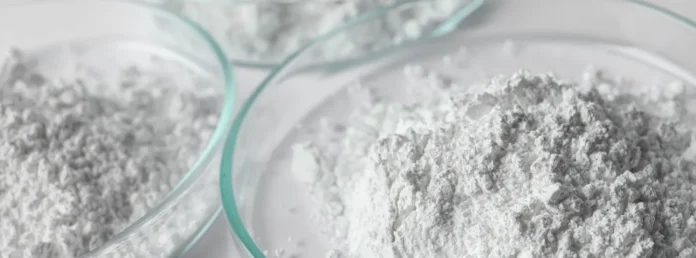Gardening enthusiasts know the importance of maintaining healthy soil for vibrant plants. One effective way to improve soil quality is by using activated calcium carbonate. This natural mineral not only enriches the soil but also offers several benefits that can help your garden thrive.
What is Activated Calcium Carbonate?
Activated calcium carbonate is a fine powder derived from limestone. It is processed to increase its surface area, making it more reactive and beneficial for agricultural use. This compound is rich in calcium, which is an essential nutrient for plants. When added to soil, it helps create an ideal environment for plant growth.
Benefits for Soil Health
One of the primary advantages of using activated calcium carbonate is its ability to improve soil pH. Many plants prefer slightly acidic to neutral soil conditions. When soil becomes too acidic, it can hinder plant growth and nutrient absorption. By adding activated calcium carbonate, you can effectively raise the pH level, making the soil more hospitable for your plants.
In addition to balancing pH levels, this compound also enhances soil structure. It helps to break up compacted soil, allowing for better air and water movement. This improved soil structure encourages root development and promotes healthier plant growth.
Nutrient Availability
Activated calcium carbonate plays a vital role in nutrient availability. Calcium is essential for cell wall structure in plants, and it helps facilitate the uptake of other important nutrients, such as magnesium and potassium. By ensuring that these nutrients are accessible, activated calcium carbonate helps your plants absorb what they need for optimal growth.
Moreover, the presence of calcium in the soil can reduce the incidence of certain plant diseases. Healthy calcium levels can help plants develop strong cell walls, making them less susceptible to pathogens.
How to Use Activated Calcium Carbonate
Using activated calcium carbonate in your garden is straightforward. Start by testing your soil pH to determine its current acidity. If your soil is too acidic (below 6.0), adding activated calcium carbonate can help raise the pH to a more suitable level.
When applying, follow the recommended application rates, usually measured in pounds per 1,000 square feet. Spread the powder evenly over the soil surface and work it into the top few inches of soil. This allows the activated calcium carbonate to mix well and begin its beneficial work.
It’s also beneficial to incorporate activated calcium carbonate into compost or potting mixes. This can enhance the overall nutrient profile of your gardening soil and promote healthy plant development.
Additional Uses in Gardening
Beyond improving soil health, activated calcium carbonate can be used in other gardening applications. For instance, it can help deter pests. Some gardeners sprinkle it around plants as a natural deterrent for soft-bodied insects like slugs and snails. The fine powder can be abrasive to these pests, helping protect your plants.
Additionally, it can be beneficial in controlling certain fungal diseases. When mixed with water and applied as a foliar spray, it can help create a protective barrier on plant leaves, reducing the likelihood of fungal infections.
Conclusion
Incorporating activated calcium carbonate into your gardening routine can yield numerous benefits. From improving soil health and nutrient availability to enhancing plant resilience, this natural mineral is a valuable ally for any gardener. Whether you are looking to raise the pH of acidic soil or simply improve your plants’ overall health, activated calcium carbonate is a smart choice. By nurturing your soil with this compound, you are investing in the long-term success of your garde



